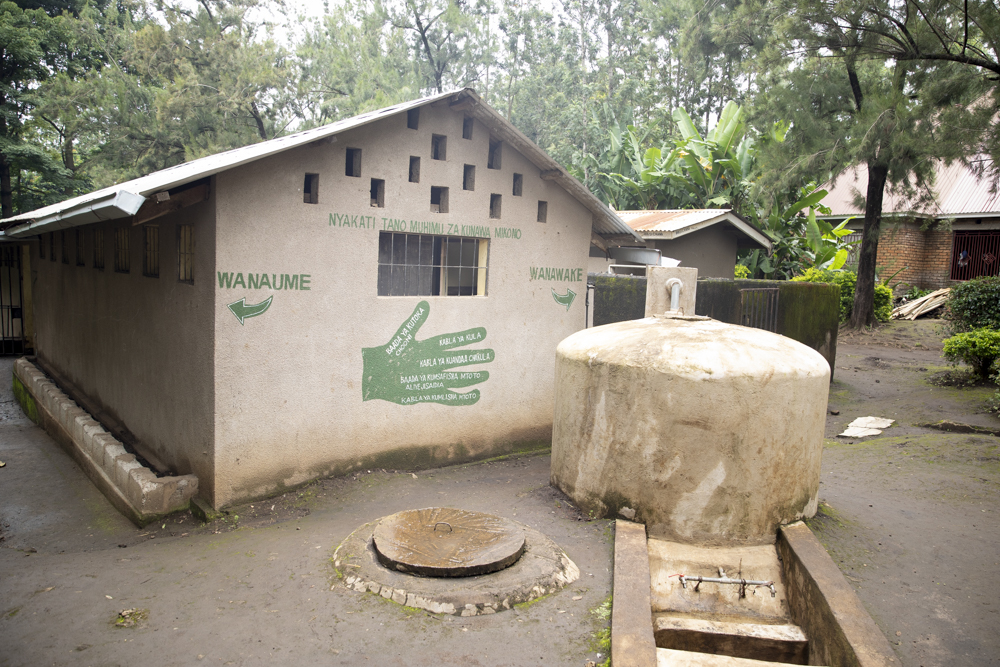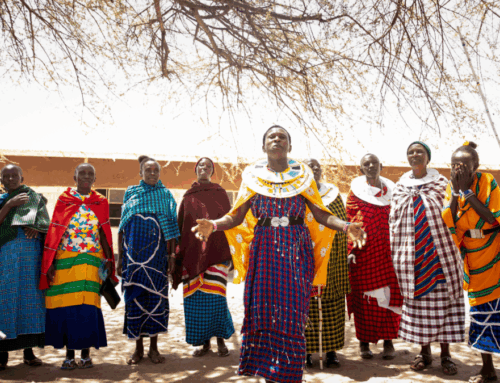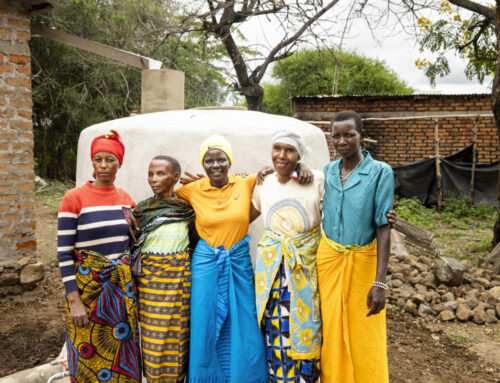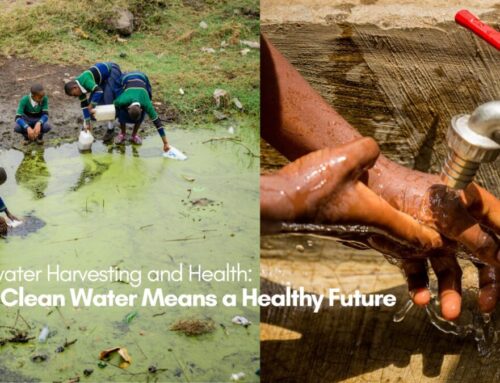When children are born into water scarcity, basic hygiene measures like handwashing are an unaffordable luxury. Water- and sanitation-related diseases, despite being preventable, remain one of the most significant child health problems worldwide.
Diarrhea is the most devastating, killing over 3,000 children each day.
88% of diarrheal disease is attributed to unsafe drinking water, inadequate sanitation, and poor hygiene. Even when waterborne disease doesn’t kill, it still costs children days of education, crucial brain and body development, and precious family funds in medical care.
Building rainwater harvesting systems on primary schools is how that changes. Not only does it introduce a shift from scarcity to sufficiency, but we capitalize on the educational potential with our WASH curriculum, teaching children about Water, Sanitation, and Hygiene.
We start with a game that demonstrates how disease spreads.
Standing in a circle, we cover one child’s hand with mud, and ask them to shake the hand of their neighbor. The neighbor shakes his or her neighbor’s hand, and so on. Soon, everyone’s sullied hands are a visible representation of contagion.
Awakening them to this felt sense of contamination always sparks animated discussion. We invite them to think about what activities might make their hands into accidental vessels of disease, and they begin to think through their day. Using the toilet, coughing and sneezing, playing outdoors, tending to livestock… soon, we have a list of all the times they will need to WASH.
Then we teach them what effective handwashing looks like, rubbing soap into a lather between fingers and under nails, making sure nowhere is neglected. We get the students to mimic the actions, turning learning into fun with singing. Because spending enough time on scrubbing is so key, we teach them a song that matches the duration of the washing experience – 20 seconds soaping up, and 10 seconds rinsing.
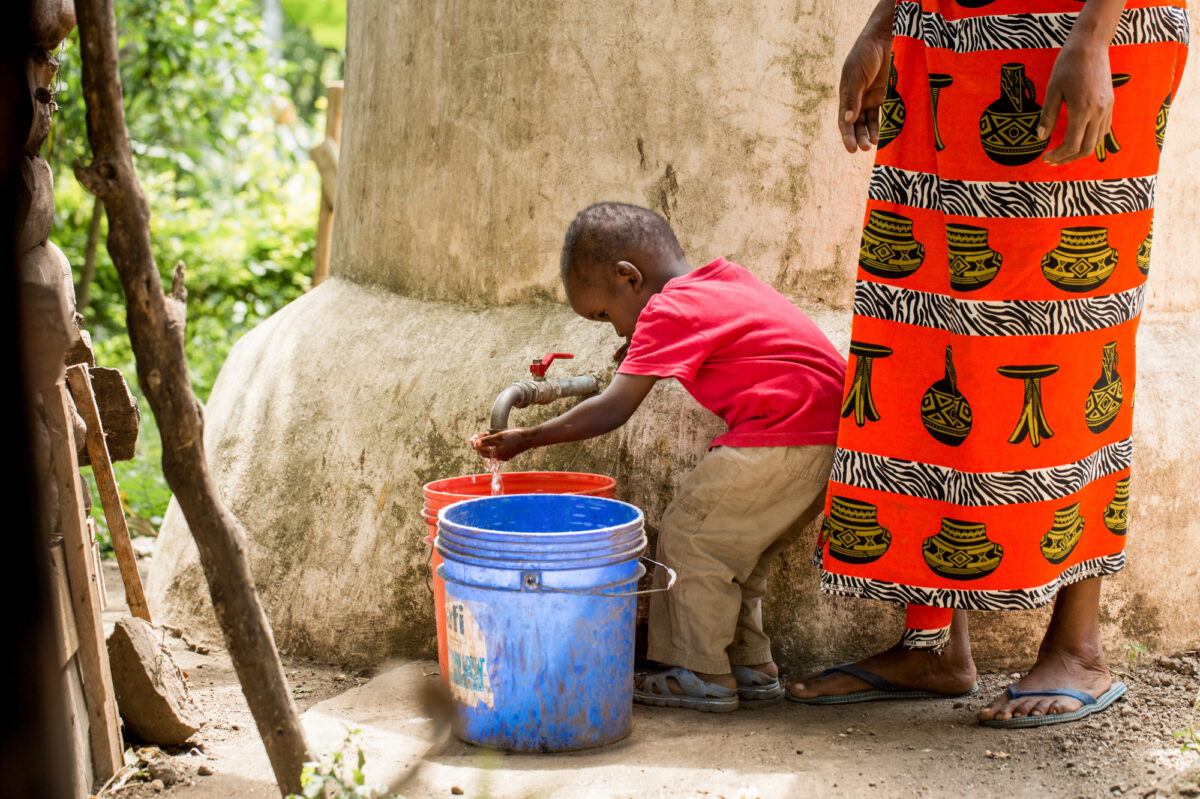
It’s a half-minute that saves lives.
The song, and the habit that accompanies it, has proven more contagious than the diseases it prevents. It ripples out across the school, to students’ families, and the community at large. We see what studies show: that WASH improves school enrolment, attendance, and academic performance. The future of a generation is founded on water.
—
Every dollar you donate directly supports our life-saving work. Together, we can turn the tide of the global water crisis and make clean water a reality for those in need.Donate today!
